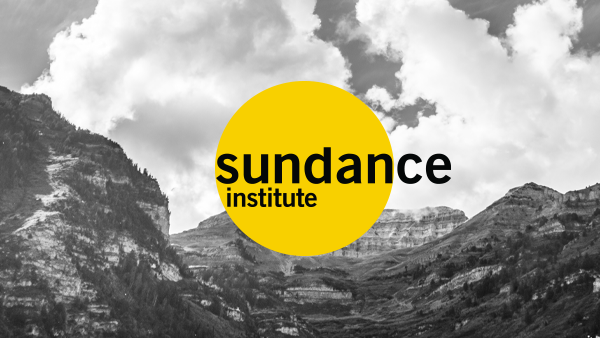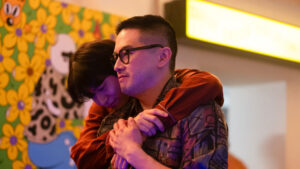We have been listening to, and reflecting on, the many perspectives shared around the inclusion of Meg Smaker’s documentary film Jihad Rehab at our Festival in January. As with every film we show, we hope to stimulate conversation and debate that adds value to our civic society. In this case it is clear that the showing of this film hurt members of our community — in particular, individuals from Muslim and MENASA communities — and for that we are deeply sorry.
For close to 40 years the Festival has been committed to elevating work from a diverse array of voices, perspectives, and creative forms. All of the work we platform and showcase is viewed through a rigorous and independent curatorial process with integrity. That process is crucial. It is a core part of our mission to which we must be held accountable, and it is also an endeavor that will, necessarily, always be a work in progress.
With the power of our Festival platform comes a responsibility: to balance freedom of creative expression and support for contentious and thought-provoking work with the assurance that it is presented with proper context and space for debate, and to maintain, and where necessary evolve, a curatorial process that upholds our mission and values.
When it is felt, especially by some members of the Sundance artist community, that we have not met that responsibility it is important that they speak out and that we hear them. They did and we recognize the bravery and energy it took and we are grateful. Now it is time for us to act on what we have heard as we move forward with our work.
This moment reflects the dynamic and continuing evolution of broader, fundamental issues that we have always considered in our work and must continue to grapple with as an organization, and as a field:
- Representation, authorship, and the perpetuation of stereotypes, particularly as they apply to oppressed/marginalized communities.
- Increased support of, and for, Muslim and Arab artists, their art, and the creative expression of their own lived experience.
- The contribution to, and upholding of, best practices around ethics, journalism, and duty of care in documentary filmmaking.
- Expectations of festivals, funders, and the field around the questions we should be asking of film teams before selection.
If we are to make a meaningful contribution to this present moment and ensure that independent storytelling is preserved, protected, and propelled forward, we must find a way of harnessing the transformative power of individuals, institutions, and collectives to do this work together.
This work will be deep and complex and, ultimately, we hope, will lead to cultural change — as Sundance has over the last 40 years. Our commitment is unwavering. We know that this commitment takes time and we will not always get it right, but we remain guided and inspired by our mission and by our community.
Joana Vicente, CEO, Sundance Institute
Tabitha Jackson, Festival Director, Sundance Film Festival




